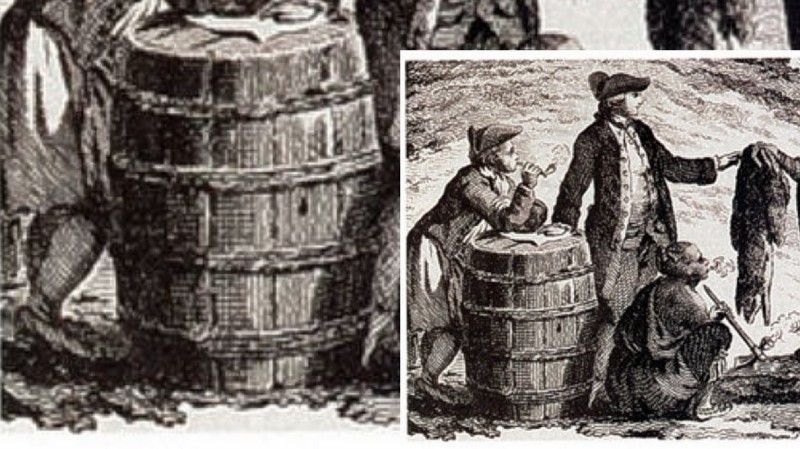100 Heroes: Harmen van den Bogaert
The gay man who helped establish New York City.

It was about 1832 when Harmen van den Bogaert arrived in the settlement that was then known as New Amsterdam. He was 18 at the time.
At this time, New Amsterdam was a trading outpost of the Dutch empire. Beaver pelts were the main product of the Hudson River region, traded with the people of the Mohawk nation.
According to the limited information about the life of van den Bogaert, he’d arrived into New Amsterdam on the ship the Unity — on the ship’s passenger manifest he was listed as a barber-surgeon.
Van den Bogaert held a farm on the island of Manhattan. He served as supply master to the Dutch West India Company - the trading firm that ran New Amsterdam at that time.
As well as beaver pelts, one of the most valuable commodities traded by the Dutch West India Company was slaves — transported from Africa to New Amsterdam and the other colonies of North America. Harmen van den Bogaert owned a slave — his name was Tobias.
In 1634, van den Bogaert was somehow discovered having sex with Tobias. At this time, homosexuality was illegal throughout the Dutch empire — the punishment was death.
Escaping prosecution and certain death, van den Bogaert and Tobias fled New Amsterdam and travelled into lands controlled by the Mohawk nation. They were pursued by a bounty hunter from New Amsterdam, Hans Vos. Vos tracked van den Bogaert and Tobias down in a village of the Mohawk people, took them prisoner, and took them back to Fort Orange — the fortified trading post on the Hudson River.
Ahead of their impending trial, van den Bogaert and Tobias escaped from their cell in Fort Orange and made a bid for freedom by crossing the frozen Hudson River. While they were attempting to cross, van den Bogaert fell through the ice and drowned, Tobias was recaptured. The fate of Tobias is unknown, although it's likely that he was killed.
It’s sometimes misleading to view historical events through a contemporary lens. There may have been other factors at play that led to van den Bogaert falling foul of the Dutch West India Company — for instance, there are some suggestions that van den Bogaert had links to privateers in the Caribbean. But, from the information we have available, it seems that the authorities of New Amsterdam successfully used van den Bogaert’s homosexuality against him — persecuting him and his lover to their death as a punishment for being gay men.
New York City would not be the city that we know today if not for adventurers, entrepreneurs, and lovers like Harmen van den Bogaert and Tobias - gay men who helped shape history.
